Latest news
Stay up to date on the latest activities and publications from hera
Archive
- 2023
- 2024
- Aarti Patel
- Accountability
- Afghanistan
- Africa
- Alejandra Martinez
- Algeria
- Alice Behrendt
- Alice Peschiutta
- Angola
- Anne Buve
- Argentina
- Asia Pacific
- Assessment
- Bangladesh
- Basic Health Services / Primary health care
- Behaviour Change Communication
- Belize
- Benin (Dahomey)
- Botswana
- Cabo Verde
- Calvin Tonga
- Caribbean
- Central Asia
- Chad
- Child Protection
- Children
- Cholera
- Climate change
- Communicable diseases (CD)
- Community Engagement
- Community Health Workers
- Comoros
- Costing studies
- Country Capacity
- Covid-19
- Crisis Management
- Côte d'Ivoire
- DRC
- Demand side financing
- Development
- Development Cooperation
- Dia Timmermans
- Dijbouti
- Drug Pricing
- Drug Regulatory Authority
- Ecuador
- Ed Vreeke
- Education

DESIP National Family Planning in Kenya Learning Conference - Nov 27 & 28, 2023
This report evaluates Kenya's DESIP program, which boosts family planning access in 12 counties. It explores the program's impact on reducing unmet needs and fertility rates, especially for marginalized groups.

Evaluating UNICEF’s L2 Emergency Response to the Drought Crisis in Southern Madagascar
UNICEF's Level 2 (L2) emergency response was carried out in collaboration with the National Bureau of Risk and Disaster Management and focused on 10 districts in three priority regions in the South of Madagascar. A hera team was selected to evaluate the L2 response with a dual objective of learning and accountability.
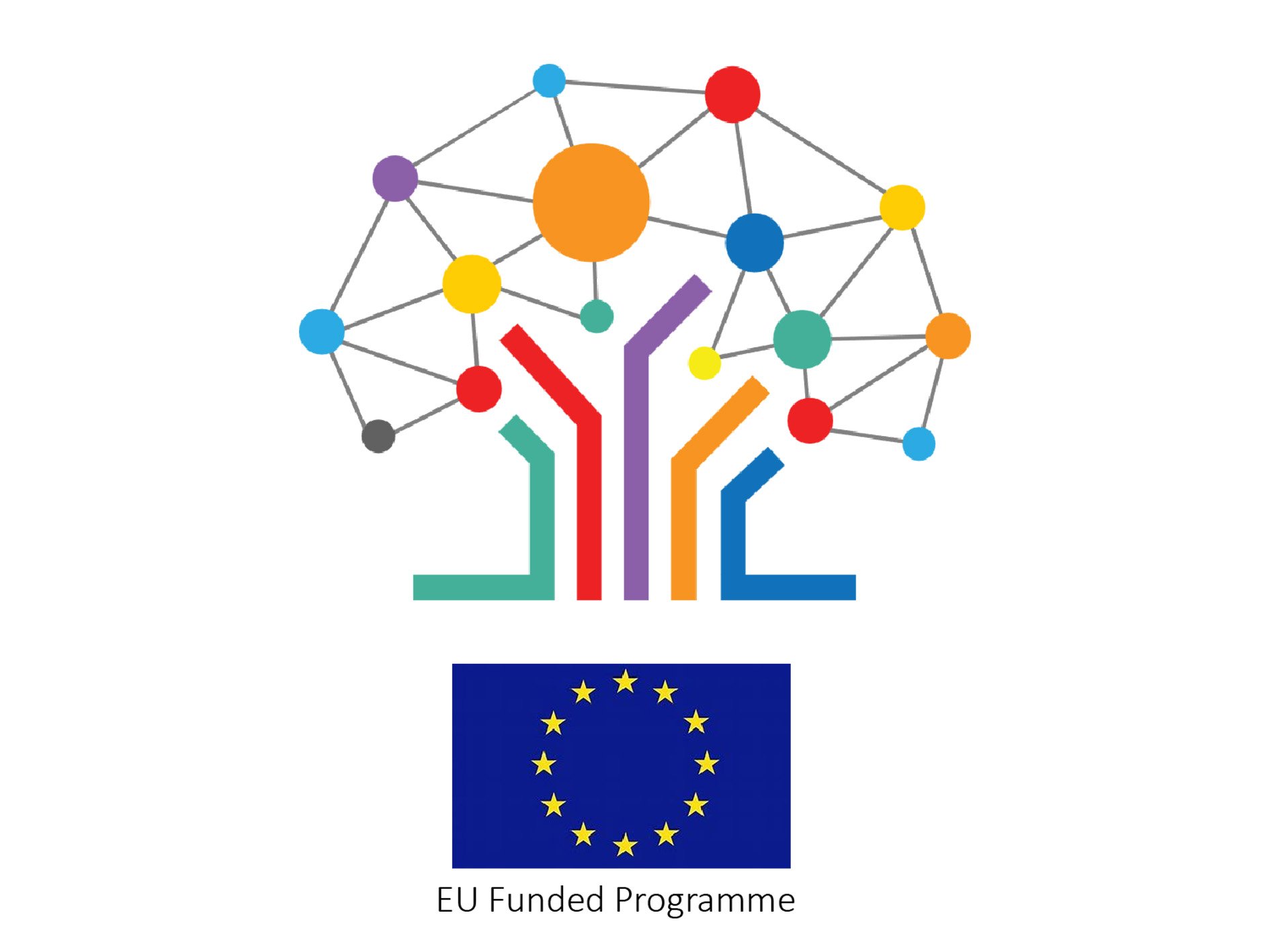
hera leads the HISP Consortium, Advancing Health and Social Justice
We are delighted to announce that hera, in steadfast commitment to the values of equity, social justice, and human rights-based development, was recently awarded another four-year contract to lead the consortium for the Knowledge Hub on Health, Socio-Economic Inequalities, and Social Protection (HISP). This follows two similar successful Health Advisory Service contracts that hera implemented between 2014 and 2022.

Advancing Service Delivery in Namibia: UNICEF and USAID's Initiatives for Efficient Health Procurement
UNICEF contracted hera to work on supporting and building consensus between the MoF and Ministry of Health and Social Services (MoHSS) as well as key partners on practical PFM solutions to improve service delivery in the health sector, ensuring value for money and sustaining service provision for impact.

Update on the Spotlight Initiative Mid - Term Assessment: Eliminating all forms of violence against women and girls
In October 2020, hera was awarded a two-year contract with UN WOMEN for the Mid-Term Assessment of the Spotlight Initiative, a multi-year initiative between the European Union (EU) and the United Nations (UN), focused on eliminating all forms of violence against women and girls (VAWG).

Gavi, the Vaccine Alliance’s (Gavi’s) Fragility, Emergencies and Refugees (FER) policy
Gavi, the Vaccine Alliance’s (Gavi’s) Fragility, Emergencies and Refugees (FER) policy has been in effect since June 2017.

Evaluation of the roadmap "demographic dynamics in Africa 2017-2021" (AFD)
hera was tasked with evaluating the mid-term progress on the Agence Française de Développement’s (AFD) "Demographic Dynamics in Africa" roadmap. The team assessed various departments like education, health, and governance to understand AFD's contributions to public policy and development results. The evaluation provided insights for a future cross-cutting intervention framework and recommendations to improve future efforts. It also offered a valuable self-reflection for AFD, showcasing their achievements, historical integration of demographics, and areas for improvement.
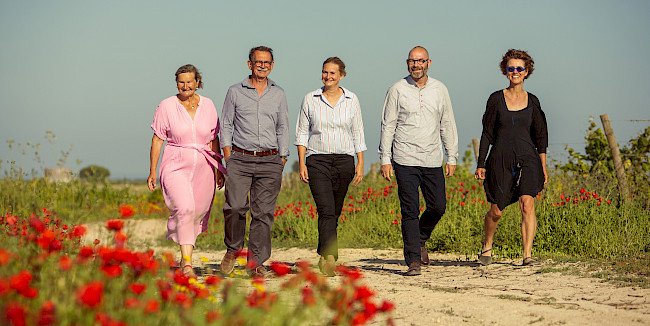

Switching the Poles
Assessment of a Belgian government-funded program run by the Institute of Tropical Medicine (ITM), which aims to build research and healthcare capacity in developing countries. Evaluators reviewed 24 projects and 10 thematic networks across 18 countries and came forward with findings that will inform future collaborations to improve global health.
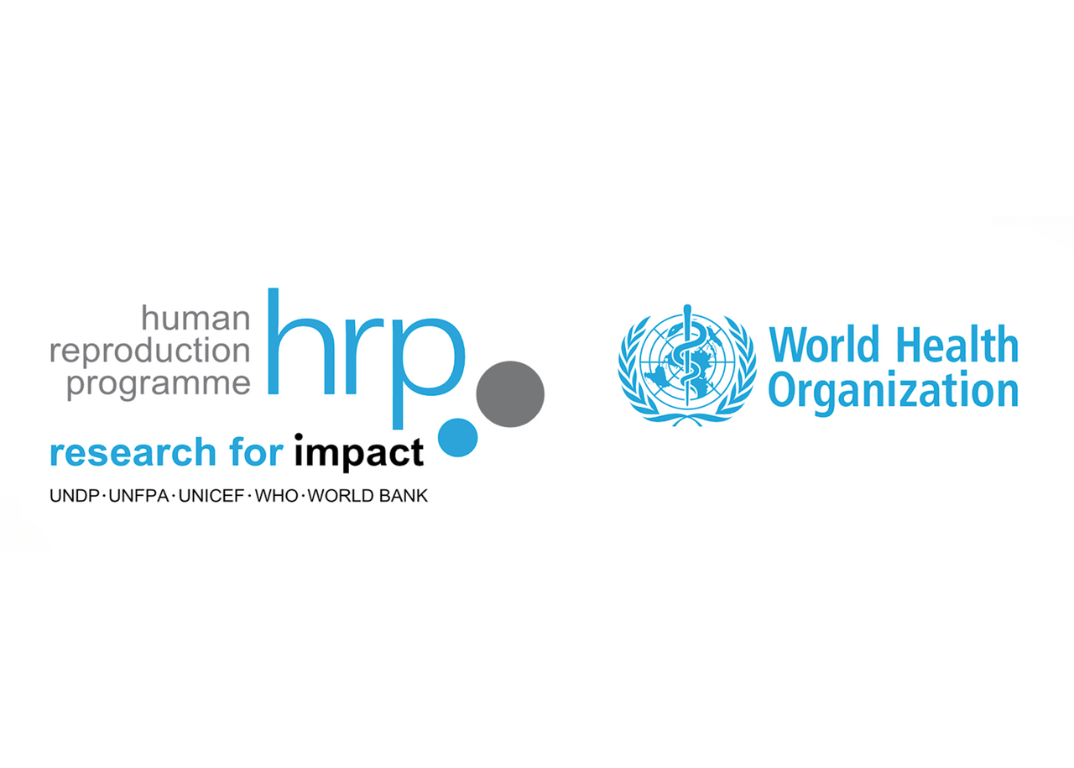
External Evaluation of the UNDP-UNFPA-UNICEF-WHO-World Bank Special Programme of Research, Development and Research Training in Human Reproduction (HRP) 2013-2017
hera was selected to conduct the fourth external evaluation of the HRP covering the period from January 2013 to December 2017.
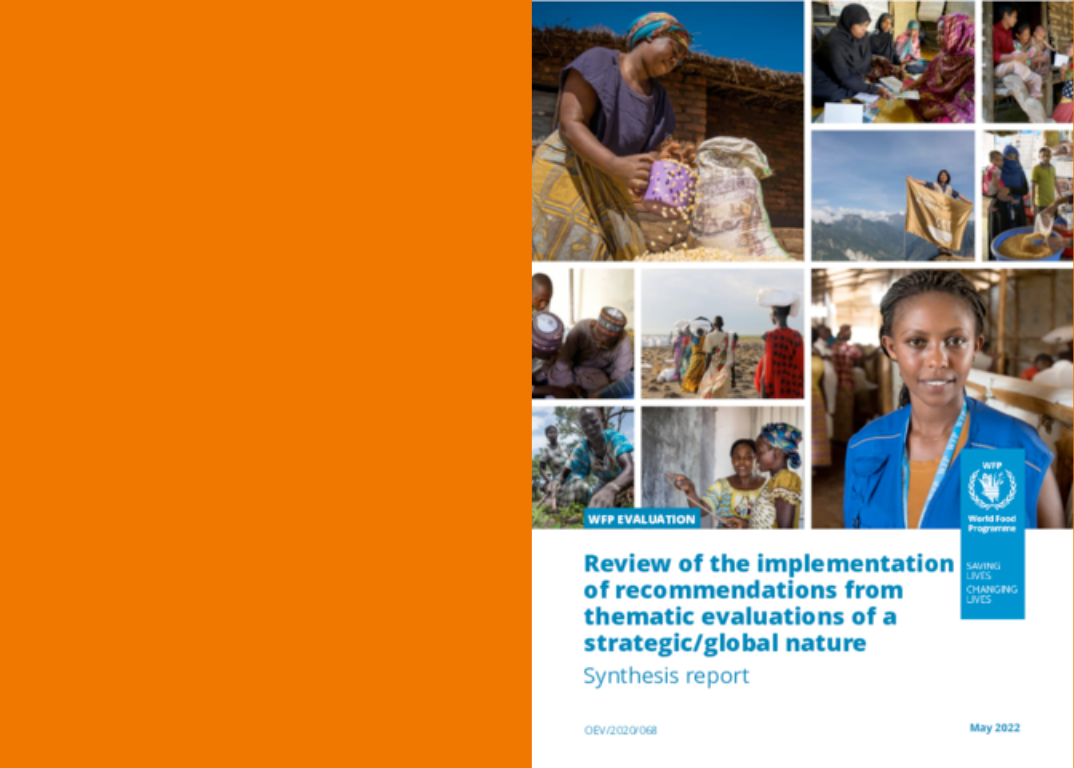
Review of the implementation of recommendations from thematic evaluations of a strategic/global nature
This review of the implementation of recommendations from global evaluations aims to promote the use of evaluation evidence for learning and accountability purposes and highlights areas for action where WFP can maximize the achievement of its mission.
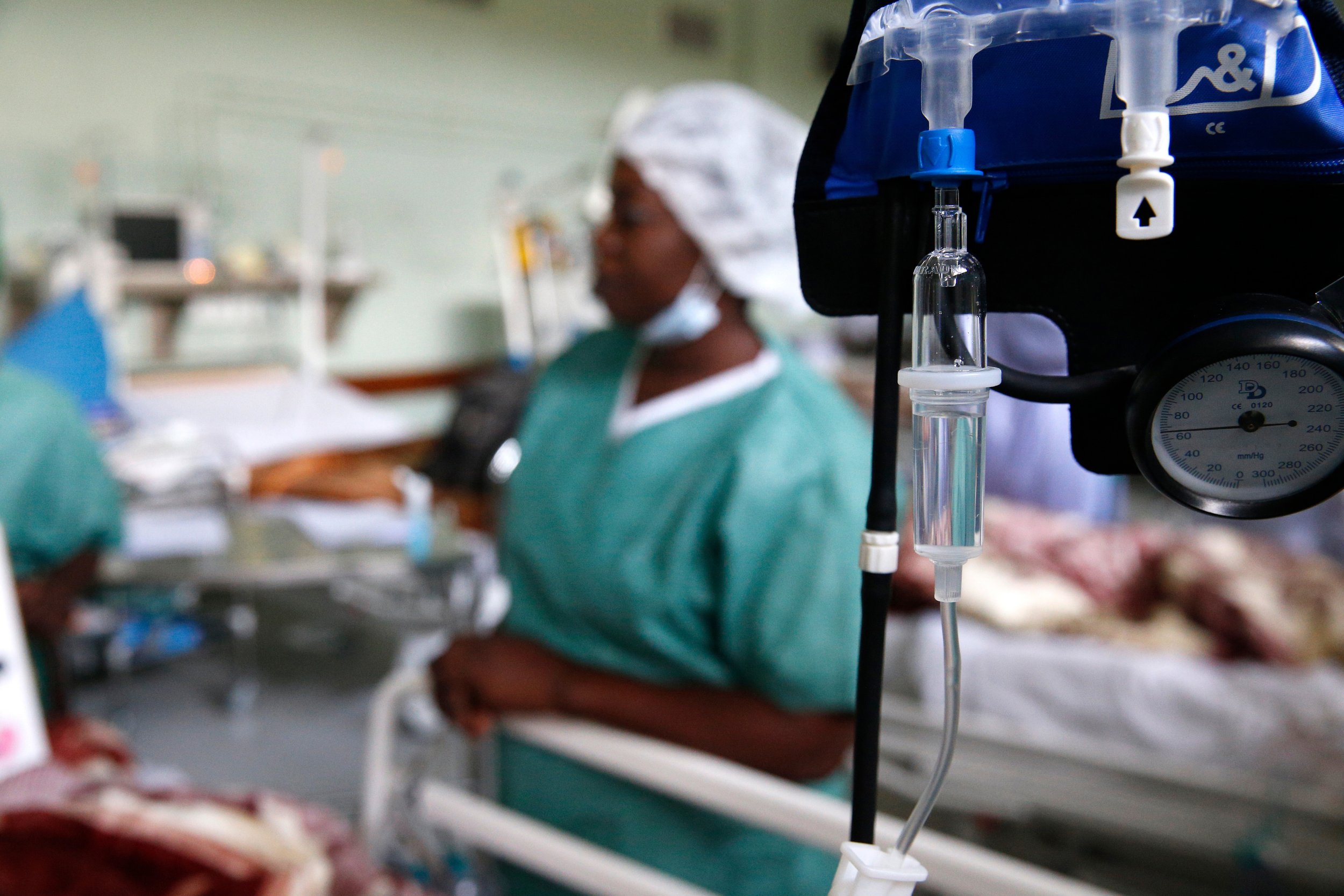
Bridging the Gap in Health Care Services in DRC with the ASSR Programme
Operating in four provinces of DRC – Nord Ubangi, Kasai, Kasai Central, and Maniema – the ASSR programme targets an estimated population of 9 million. The anticipated maximum value of the ASSR programme over its 18-month duration is £35 million.
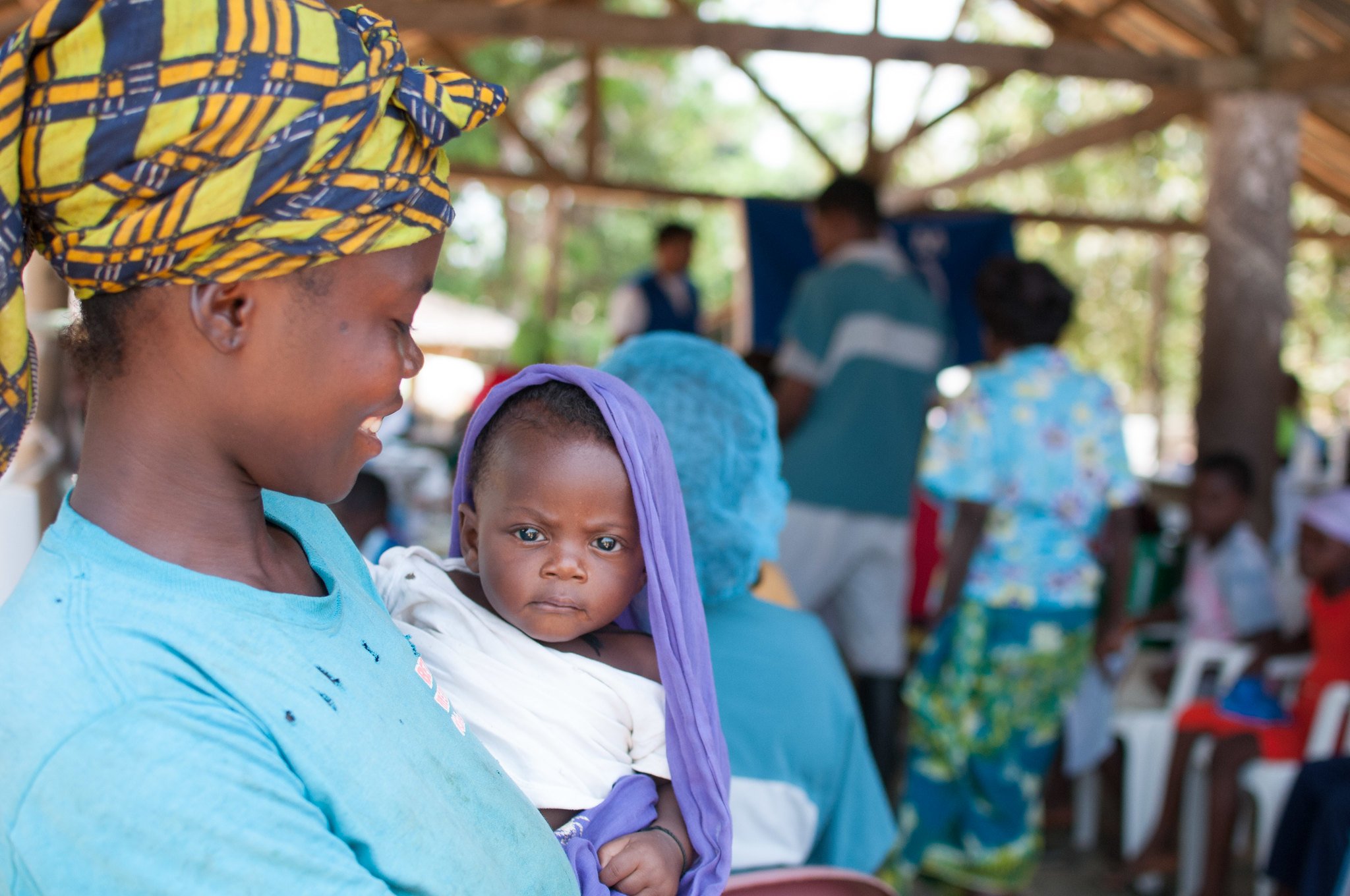
Summative evaluation of the WHO Rapid Access Expansion (RAcE) Initiative
In 2012 the government of Canada provided a grant to the WHO Global Malaria Programme (GMP) to support the scale-up of the diagnosis and treatment of children with pneumonia, diarrhoea and malaria by Community Health Workers, an approach known as integrated community case management (iCCM). The six-year programme, labeled the Rapid Access Expansion (RAcE) initiative, distinguished itself from other internationally funded iCCM programmes by aiming to achieve universal health coverage for all children in hard-to-reach areas within selected geographic boundaries.

Assessing the Impact: BMGF & DFID's Reproductive Health Programmes in Low- and Middle-Income Countries
In an effort to promote reproductive health and accessibility to quality-assured reproductive health commodities in low- and middle-income countries, the Bill & Melinda Gates Foundation (BMGF) and the Department for International Development (DFID), now known as the Foreign, Commonwealth & Development Office (FCDO), rolled out two independent, yet complementary, programmes geared towards ensuring hormonal contraceptives become more readily available, of high quality and affordable.
